When Payton Brown is in her Unified basketball uniform, surrounded by teammates and being cheered by fellow Greely High students, she goes by a different moniker.
“P-Dog,” she says when asked a second time what her name is. “P-d-o-g.”
P-Dog was one of the many athletes, partners, coaches and fans who were thoroughly enjoying Wednesday’s four-team festival at Greely to celebrate the end of the Unified basketball season. Similar festivals were held throughout the state to put a celebratory capper on a season that runs from January to early March.
“It’s the feeling of when you get shots in. You feel good about yourself,” Brown said. “I feel happy being a part of this. I really do.”
The Maine Principals’ Association, in partnership with the Special Olympics, offers Unified sports as co-ed athletic opportunities for students with intellectual disabilities. Teams consist of athletes (those with disabilities) and partners, students without disabilities who assist the athletes during play.
The combination of physical activity, social inclusion and fun, competitive action has been a hit at Maine high schools. Since the inaugural season as an MPA-sponsored activity in 2015, the number of schools offering Unified basketball has more than quadrupled, from 16 the first season to 71 this year.
In Unified basketball, at least three of a team’s five players on the court are athletes, usually paired with two partners who help encourage and facilitate involvement for the athletes.
“When you’re playing you’ve got to read the pace of play,” said Greely partner Marky Axelsen. “What’s great about it is how genuine that it is. You will never see more genuine sports than this. You can see the worst of it and the best of it, but we’re all working through it.”
Often the athletes with a bit more skill, experience or both are just as helpful with their teammates. That is certainly the case for Yarmouth’s Emily Ferguson, a senior, who has been a Unified basketball athlete since seventh grade. A sure shot, Ferguson often made sure the ball went to her teammates, Henry Meehan and Maya Advani. Ferguson said she helps them because sometimes they are unsure when to shoot, or run to the other end of the court.

Greely’s Michael Johnson receives high-fives from the crowd after scoring a basket on Wednesday. Ben McCanna/Staff Photographer
“It really helps me, too, because Maya and Henry are so much fun to work with,” Ferguson said.
Teams from Gorham and Marshwood also took part in Wednesday’s festival. Each team played two 20-minute games. Before the first game, the seniors on each team were honored with an introduction and flowers. Special Olympics provided medals for each participant. Greely provided pizza and water to keep the players fueled up.
EMPHASIS ON ENJOYMENT
Special Olympics describes three models for Unified sports that can be used: recreational, player development and competitive. The MPA’s Unified basketball falls into a player-development model. The score is kept but the emphasis is on enjoyment, fun and individual improvement in sport and social skills, with every athlete and partner having the opportunity to make a meaningful contribution in some way.
For the first four seasons of Unified basketball, the principals’ association offered an end-of-season invitational tournament, concluding with a championship game and Gold Ball presentation. Before the 2020 season, the MPA shelved the tournament format after receiving feedback that the tournament games were becoming much more competitive than the sport was designed to be played. At the time, the MPA left open the possibility of returning to a competitive model.
“That plan to have a championship game sometime in the future is gone,” said Mike Bisson, the MPA’s assistant executive director. “There are still some holdouts that would like to see that. And, we still have situations where it gets too competitive.”
Greely Athletic Director David Shapiro said getting rid of the Unified basketball tournament was the “best thing we ever did.”
But that doesn’t mean the players are oblivious to the score.
After all, “It’s right there on the scoreboard,” as Marshwood’s Andy Bucklin pointed out. Brady Macdonald, Bucklin’s fellow Marshwood athlete, was well aware that the Hawks won their first game but dropped a close nightcap to Greely to conclude the festival.
“We want to win. We want to win the money. We want to win the quarters,” Macdonald said, perhaps coining a phrase.
Greely’s Natalie Skillin, a junior athlete in her second year on the Rangers’ team, said she gets anxious and a little nervous on game days because, “I’m worried that we might not win. But I’m OK if we don’t.”
Skillin said she’s become much better at boxing out for rebounds. During the game against Marshwood, her dribbling and passing ability were on display.
LAUGHS AND FRIENDSHIP
The best part of the sport? Skillin said it’s “mostly we just get good laughs.” And that leads to friendships and shared experiences that can extend to the hallways, classrooms and cafeterias during the school day, which is the major reason Unified basketball has continued to see annual growth in Maine.
This year five of the 71 Unified basketball teams were first-year programs: Lake Region, Gardiner, Madawaska, Maranacook and Searsport. In 2023, the most recent year for which data is available, 462 boys and 385 girls participated in Maine’s Unified basketball. That level of participation is comparable to or greater than MPA-sponsored sports such as swimming, Alpine or Nordic skiing, girls’ ice hockey and esports.
The MPA is experimenting with different Unified sports for the fall and spring seasons. It added Unified bocce in the spring of 2022, with five schools participating. This spring 15 schools are expected to have Unified bocce and Bisson sees that sport continuing to grow. Unified volleyball proved less successful. Three teams participated last fall. The MPA is looking at other alternatives for the fall of 2024, possibly cornhole. Soccer in a seven-on-seven format is another option.
“Bottom line, it’s a bunch of fun,” said Derek Soule, a social studies teacher and varsity baseball coach at Greely in his seventh year as the Unified basketball coach. “The social inclusion that you see, that goes well beyond the game. You see the athletes and partners talking in the hallways, giving each other hugs, having lunch together. At it’s heart, that’s the most important outcome.”
Send questions/comments to the editors.


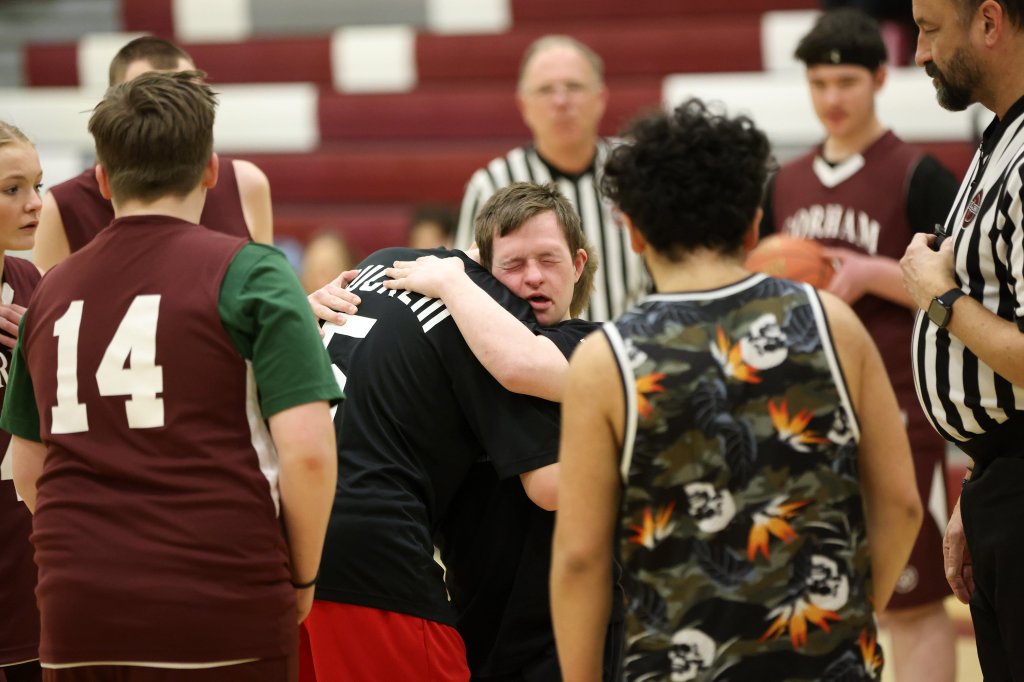
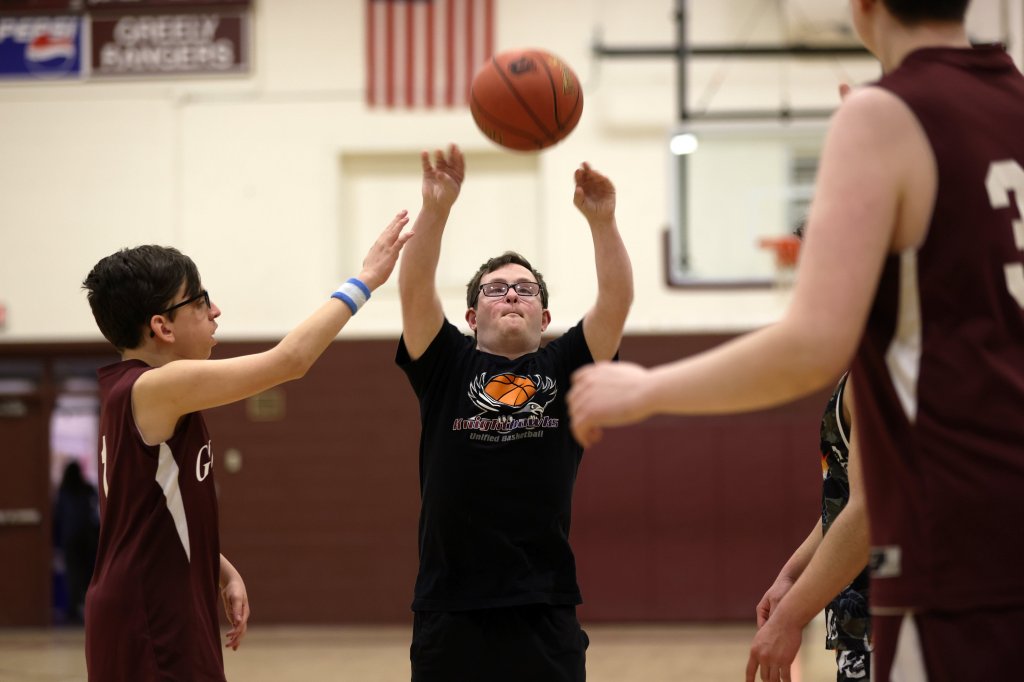
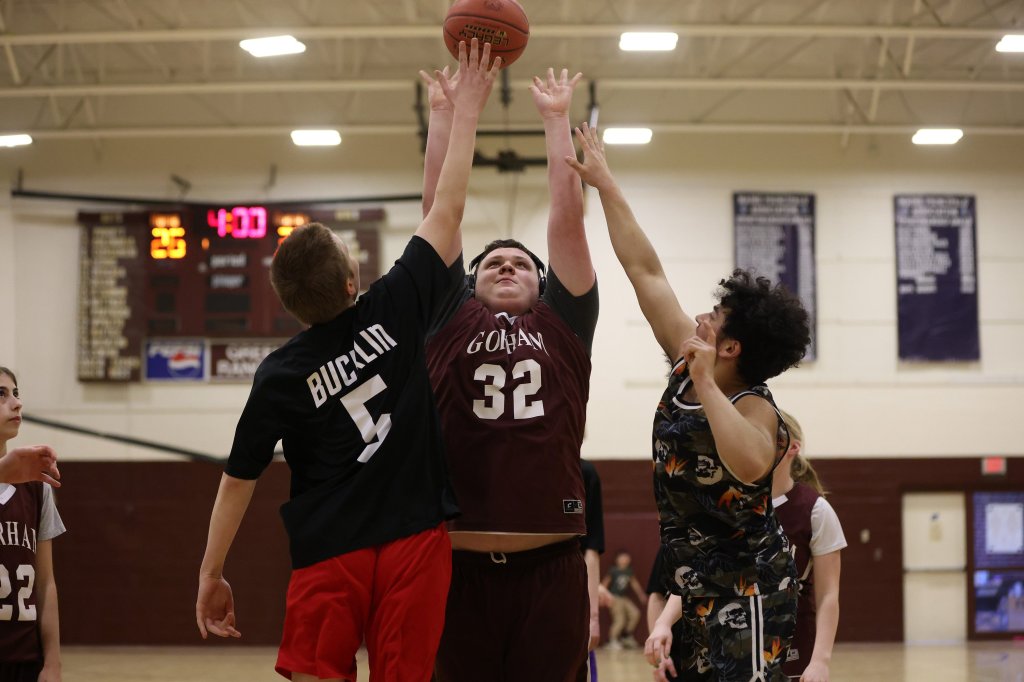
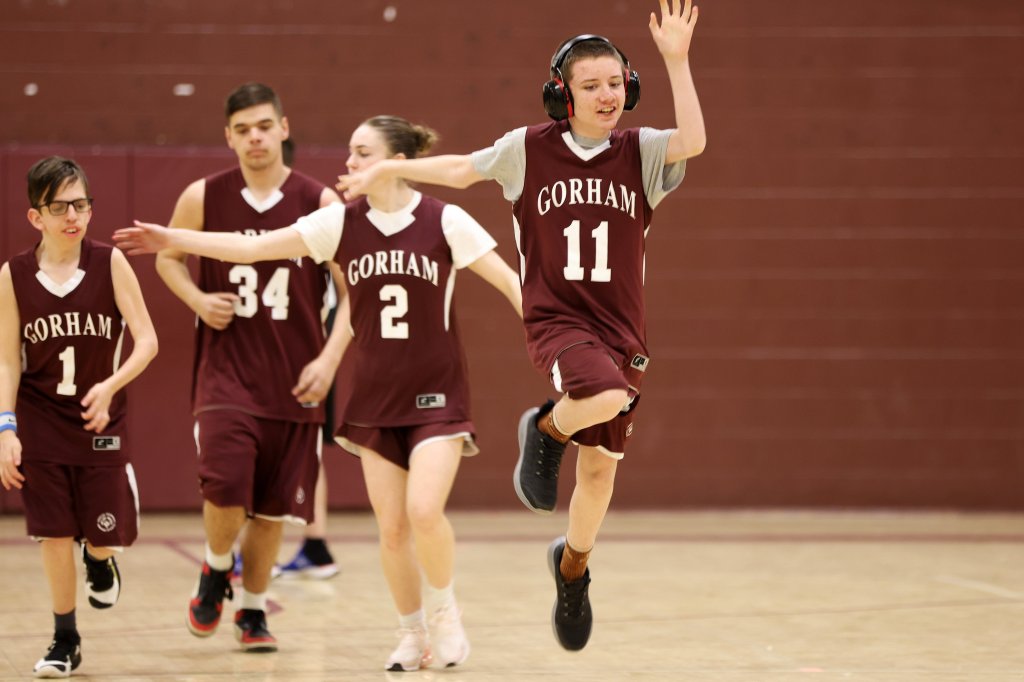
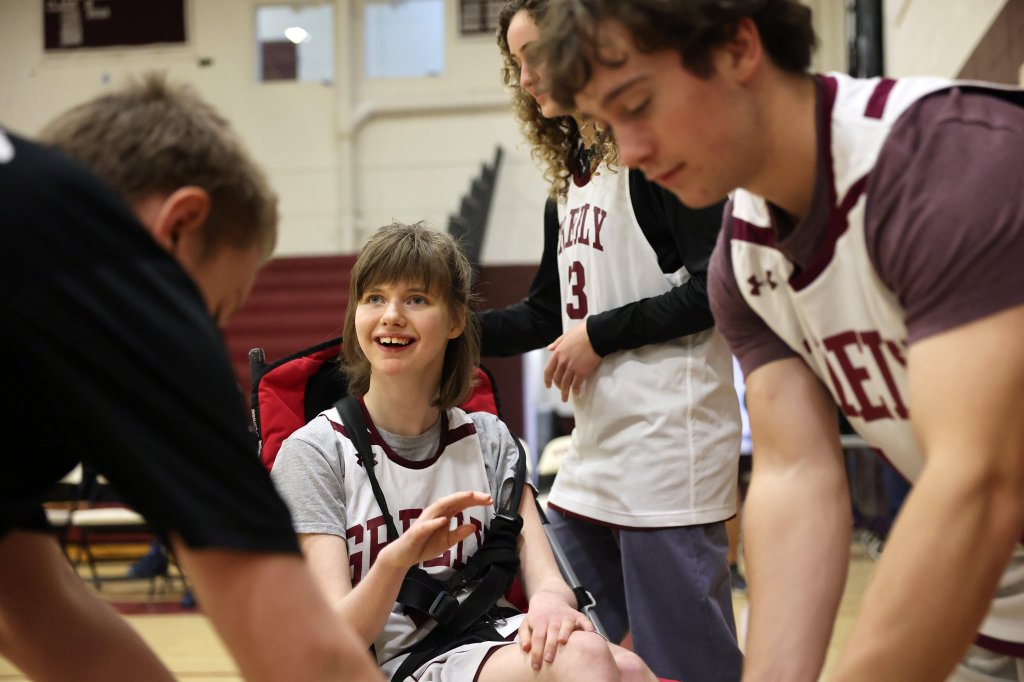
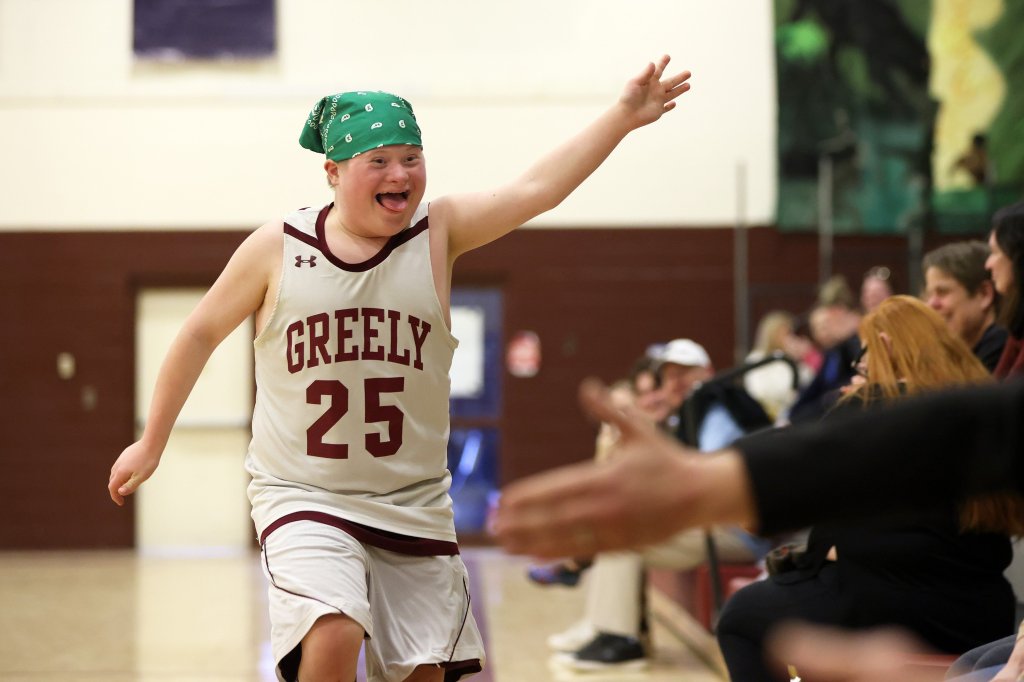

Comments are no longer available on this story